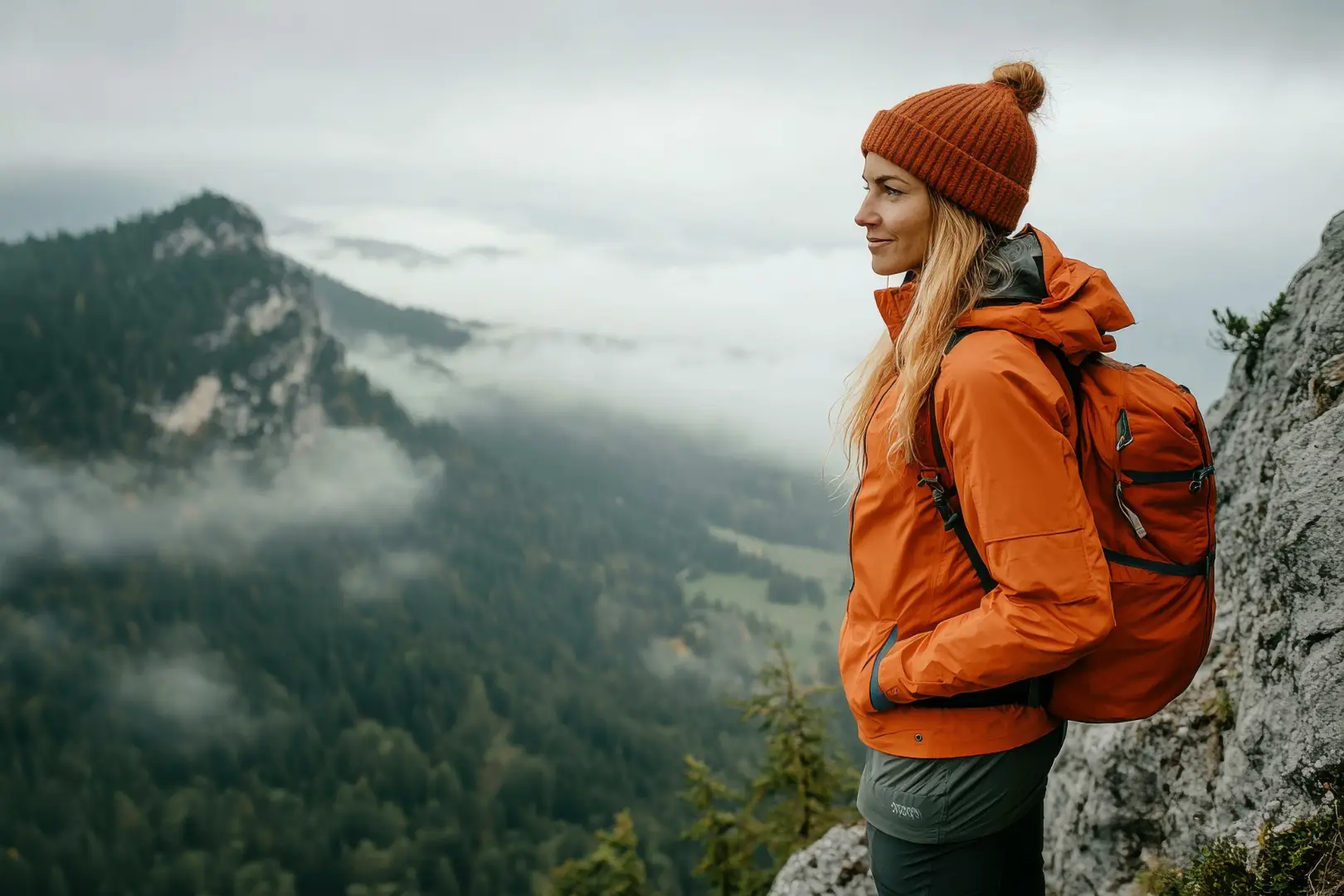Whether you’re chasing sunrise on Grandeur Peak or pushing through a multi-day trek in the Uintas, your legs aren’t the only thing carrying you — your strength is.
Most hikers think they just need endurance and a good pair of boots. But the truth is: if you want to hike stronger, longer, and injury-free, strength training is a game-changer.
Here’s why smart hikers — from weekend warriors to thru-hikers — should make strength training part of their trail prep.
🏔️ 1. Power for Steep Climbs and Big Miles
Hiking uphill loads your:
- Glutes
- Quads
- Hamstrings
- Calves
But if those muscles aren’t strong, your legs fatigue early, your form breaks down, and you start compensating in ways that can lead to pain.
Strength training helps you:
- Push through climbs with better power
- Maintain pace and control downhill
- Recover faster between hikes
🛡️ 2. Injury Prevention = More Time on Trail
Common hiker injuries:
- Knee pain (especially going downhill)
- Low back fatigue
- Sprained ankles or hip issues
Strength training builds:
- Joint stability
- Muscle endurance
- Balanced movement
This means less wear-and-tear, better posture under load, and fewer overuse injuries — so you can spend your weekends on the trail instead of on the couch.
🎒 3. Support for Backpacking and Heavy Loads
Add a pack with water, gear, or a toddler on your back, and hiking becomes a weighted carry.
If your:
- Core isn’t strong
- Back isn’t supported
- Shoulders fatigue easily
…you’ll struggle. But strength training prepares you for load-bearing movement, improves posture, and reduces the aches that come with long carries.
⚖️ 4. Improved Balance and Stability
Uneven trails, loose rocks, water crossings — you need more than strong legs. You need control.
With strength training, you build:
- Ankle and hip stability
- Core strength for balance
- Coordination and proprioception
So when the terrain gets technical, you stay confident and sure-footed.
🔋 5. More Energy, Less Fatigue
It sounds backwards, but strength training actually helps you:
- Use less energy per step
- Move more efficiently
- Reduce muscle breakdown on long hikes
When your muscles are stronger, they handle more work with less effort — meaning you can hike longer and feel better the next day.
🧠 6. Mental Strength for Big Adventures
Hiking isn’t just physical — it’s mental. And so is strength training.
Lifting builds:
- Grit
- Focus
- Discipline
- Confidence under pressure
Which makes it easier to stay calm, push through, and trust your body when the weather turns or the trail gets tough.
🏁 Final Word
If you want to hike farther, feel stronger, and keep your knees happy — don’t just hike. Train for it.
Strength training gives you the tools to:
- Crush climbs
- Descend confidently
- Carry heavy loads
- Stay injury-free
- Keep hiking year after year
You don’t need to spend hours in the gym. Just a few smart sessions each week can make a massive difference on the trail.
🚶♂️ Ready to Hike Stronger?
At MTN STRNG, we build custom training programs for hikers and outdoor athletes in Salt Lake and beyond.
🎯 Build muscle that moves you
🧠 Strengthen the mindset to go farther
📞 Request an Intro to get started
Let’s get you strong for the next summit.
